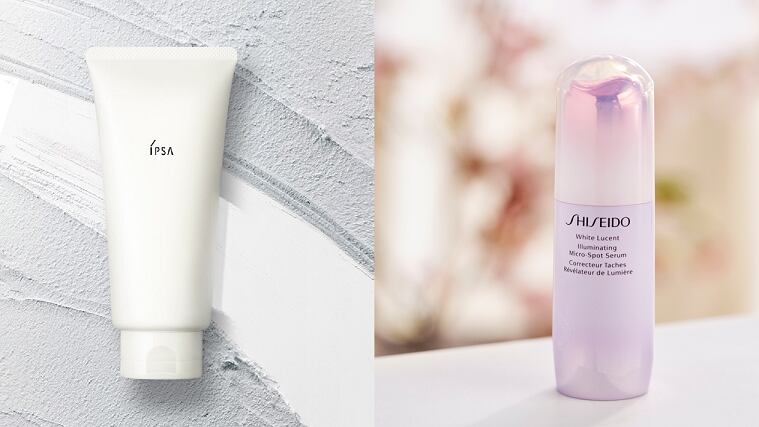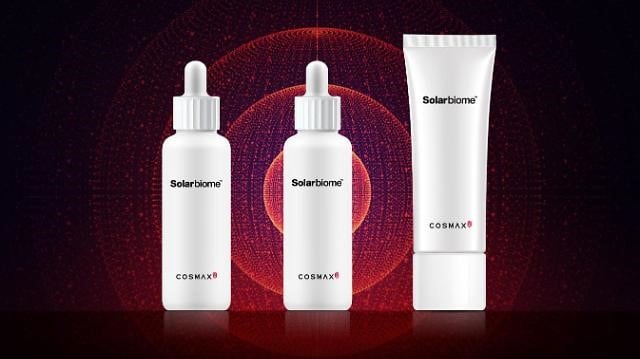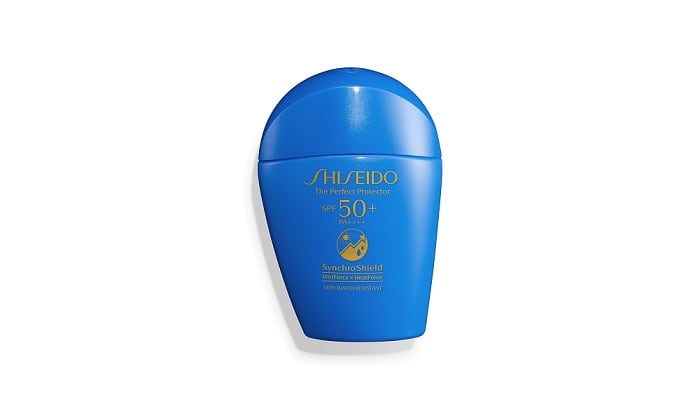There have been increasing interest in organic sun care products due to the scrutiny over some UV filters over the last few years.
The additional regulations have left cosmetic formulators with less choice when it comes to developing sun care products.
“If there’s a category where performance is key, its sun care. Because of the evolving restrictions of the last few years, formulators have less choice to create high-performing sun care to ensure skin protection,” said Fabienne Bizeray, global strategic marketing leader – skin & sun, Dow Home and Personal Care.
The growing restrictions have also caused consumers to become more sceptical of sun care products and their ingredients.
As such, Dow has developed SunSpheres BIO SPF Booster, which is derived from FSC-certified wood pulp that works with both organic and inorganic UV filters.
The product was designed to support the It does support the development of natural formulation while not compromising on the level SPF.
“So far, in the booster category, they have only been synthetic SPF boosters or boosters that were more in the line of actives. This new product is critical because it fills a gap especially for people who want to design natural sun care formulations for which mostly use inorganic UV filters,” explained Bizeray.
Bizeray highlighted that through in-vitro and in-vivo tests, the firm proved that the booster works at low levels.
“You will need 1.5% [of SunSpheres BIO SPF Booster] to get a very good boost in terms of SPF. This is important because it allows you to get a sun care formulation at the best performance-cost ration. This is important for formulators who may be designing a mass-market and prestige product.”
Additionally, the tests have shown that the booster exhibits thickening and stabilising functions.
“This is very convenient for the formulator because you can reduce the level of thickeners or fatty alcohols in a given formulation,” said Bizeray.
Environmental factors
The defining factor of SunSpheres BIO SPF Booster is its biodegradability, said Bizeray
“Not only is it an efficient SPF booster, but it’s also natural and bio-based. This can alleviate consumer concerns regarding all the confusing messages regarding UV filters and ocean pollution.”
This has become increasingly important in markets like Asia.
“Consumers in Asia are used to natural products. We see it in countries like Indonesia to China, where usage of traditional, naturally derived ingredients is found in skin care. I believe Asian consumers are very sensitive to environmental issues. And they are also more digitally savvy compared to Europeans for instance, and they like to use a lot of applications to find out more information about products,” Bizeray elaborated.
Dow is positive we will continue to see the sun care category grow steadily across all the different regions.
Bizeray believes the demand in Asia will continue to rise as consumers become more aware of the need to use sun protection over the body.
“SPF protection was already very common in Asia and people were used to using facial products with SPF. However, with the development of tourism and outdoor leisure activities, I’m sure the sun care category will expand in Asia.”
To aid this growth, Bizeray added that companies like Dow had to continue improving the sensory aspect of sun care products.
She noted that one of the major hurdles to sun care usage among consumers still remains in the product’s texture.
“Performance is key but if the consumer doesn’t apply because its not pleasant to use, they will not be protected. There’s still a lot to do to drive the usage of sun care products.”
As such, the firm has several rheology modifies like Aculyn 28, which can address these issues by creating a light feel with fast-spreading on the skin.
Bizeray concluded: “If we do a good job with brands to develop high-performing technology with pleasant textures, this will drive further usage of sun care products.”





